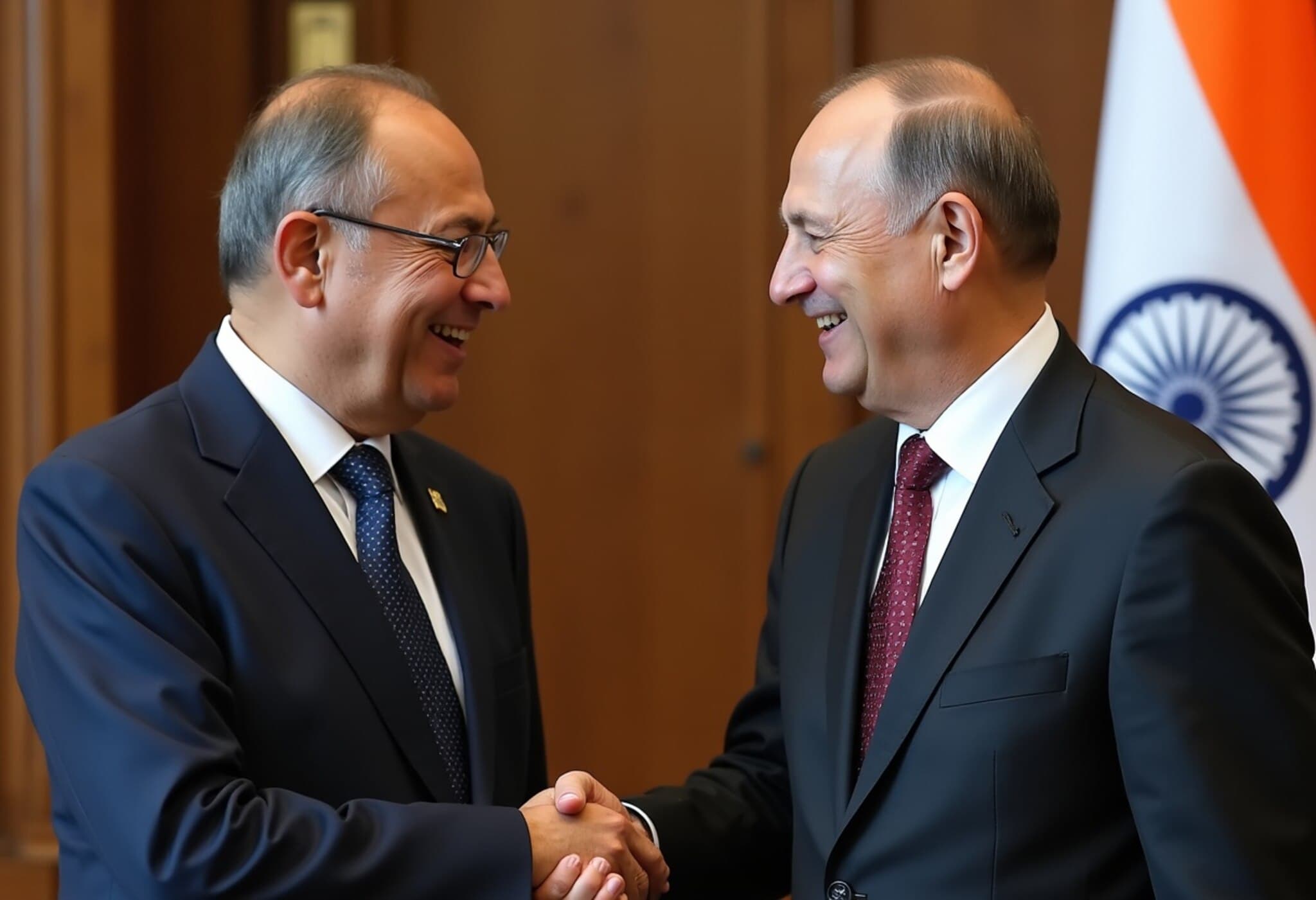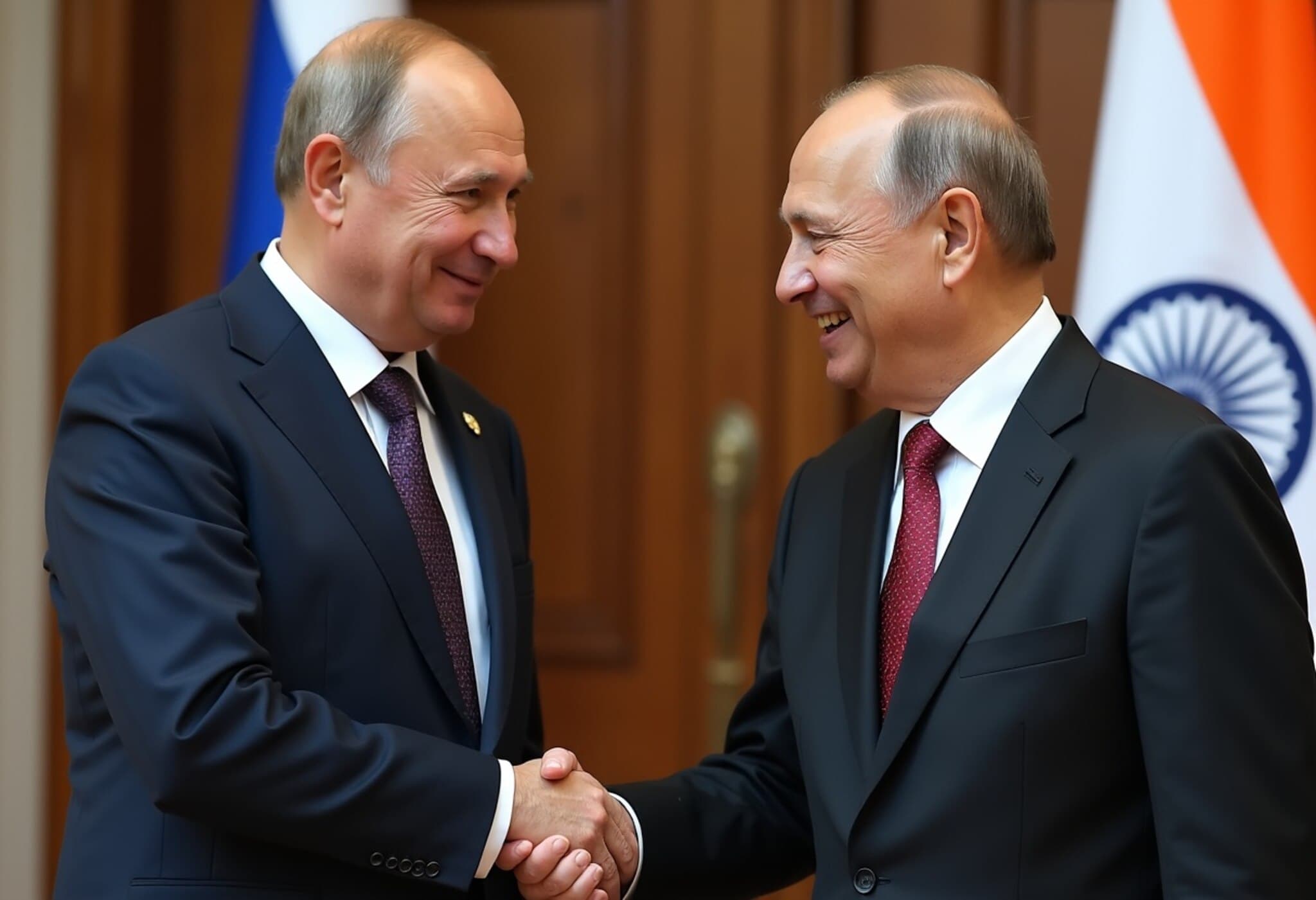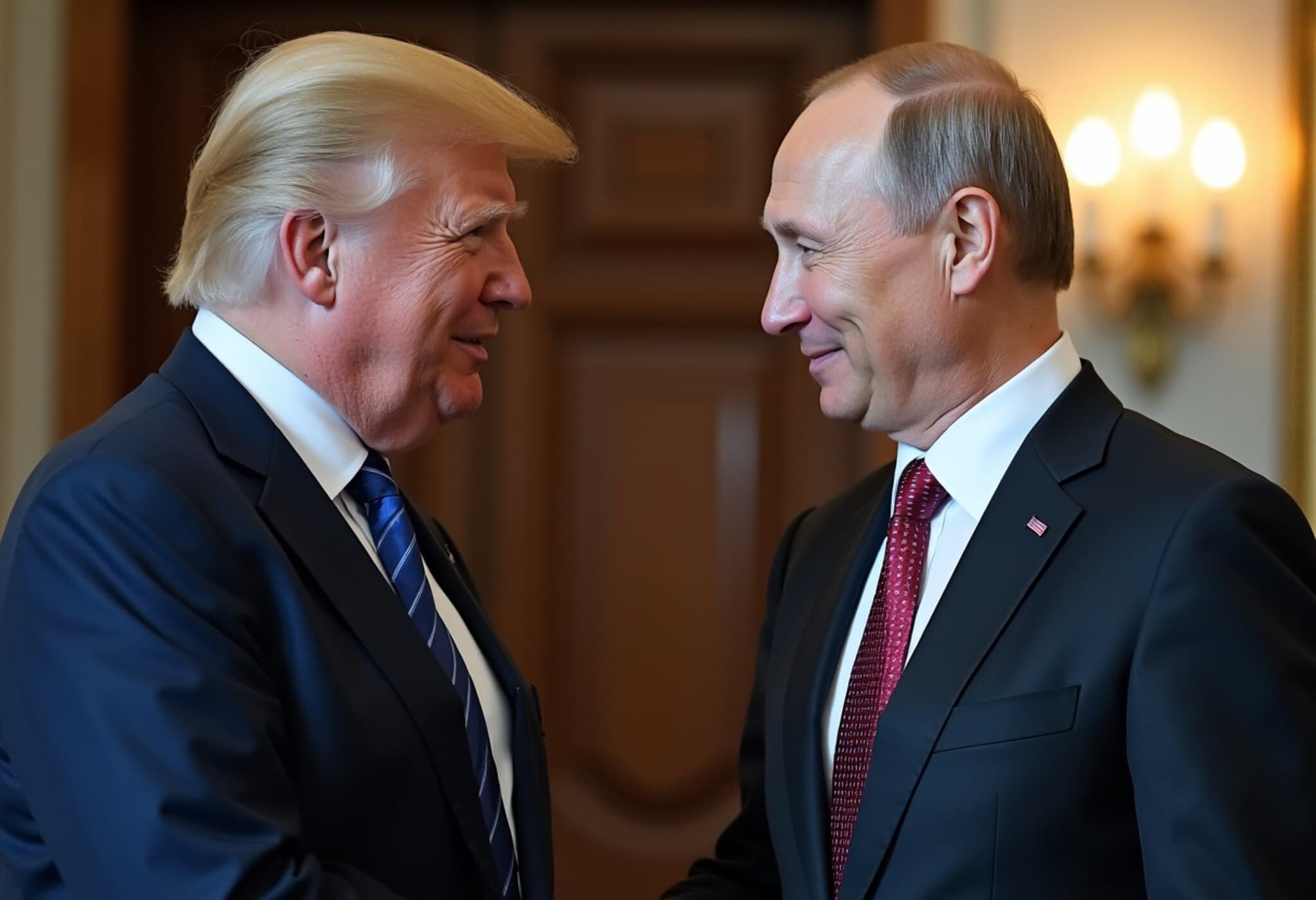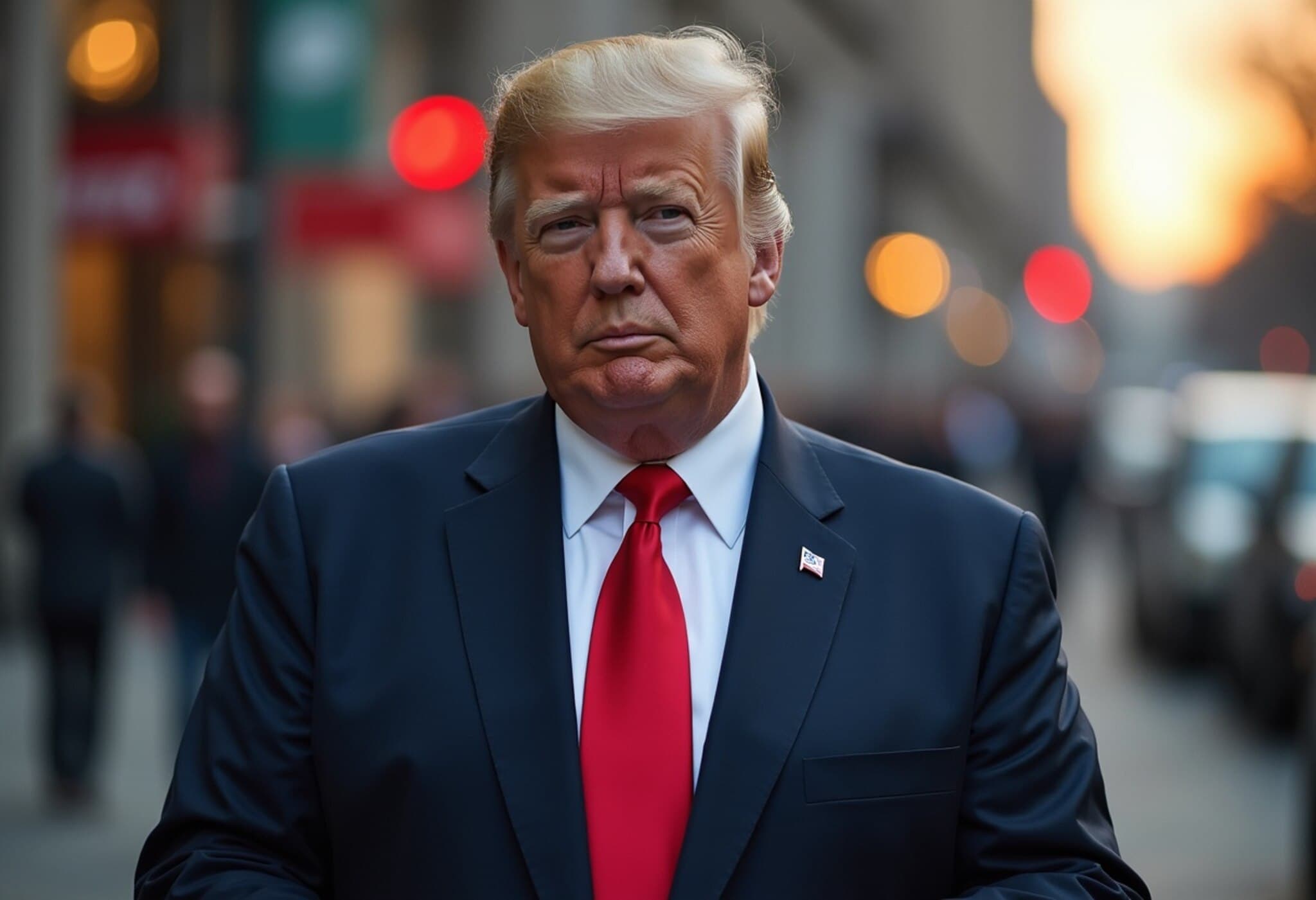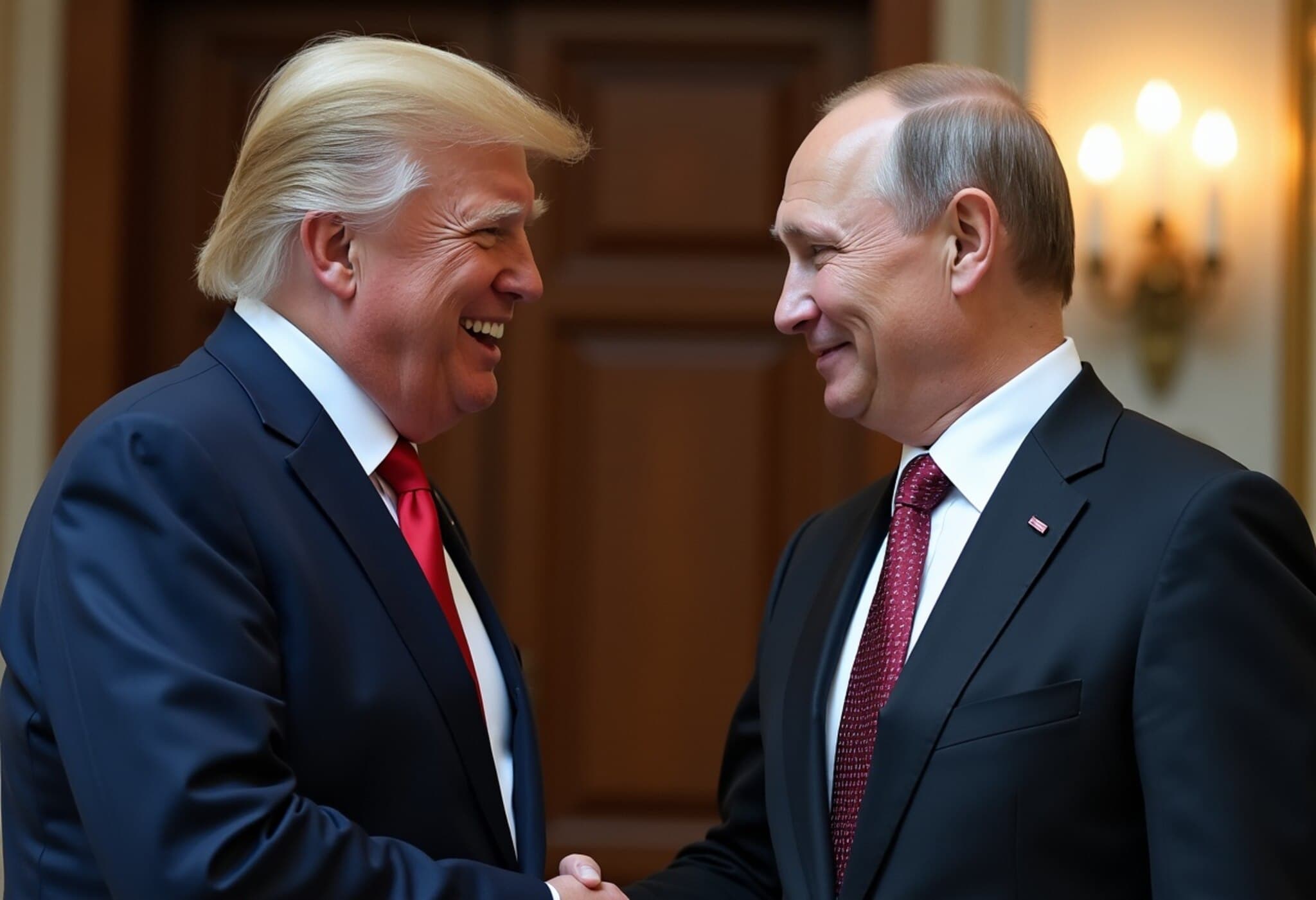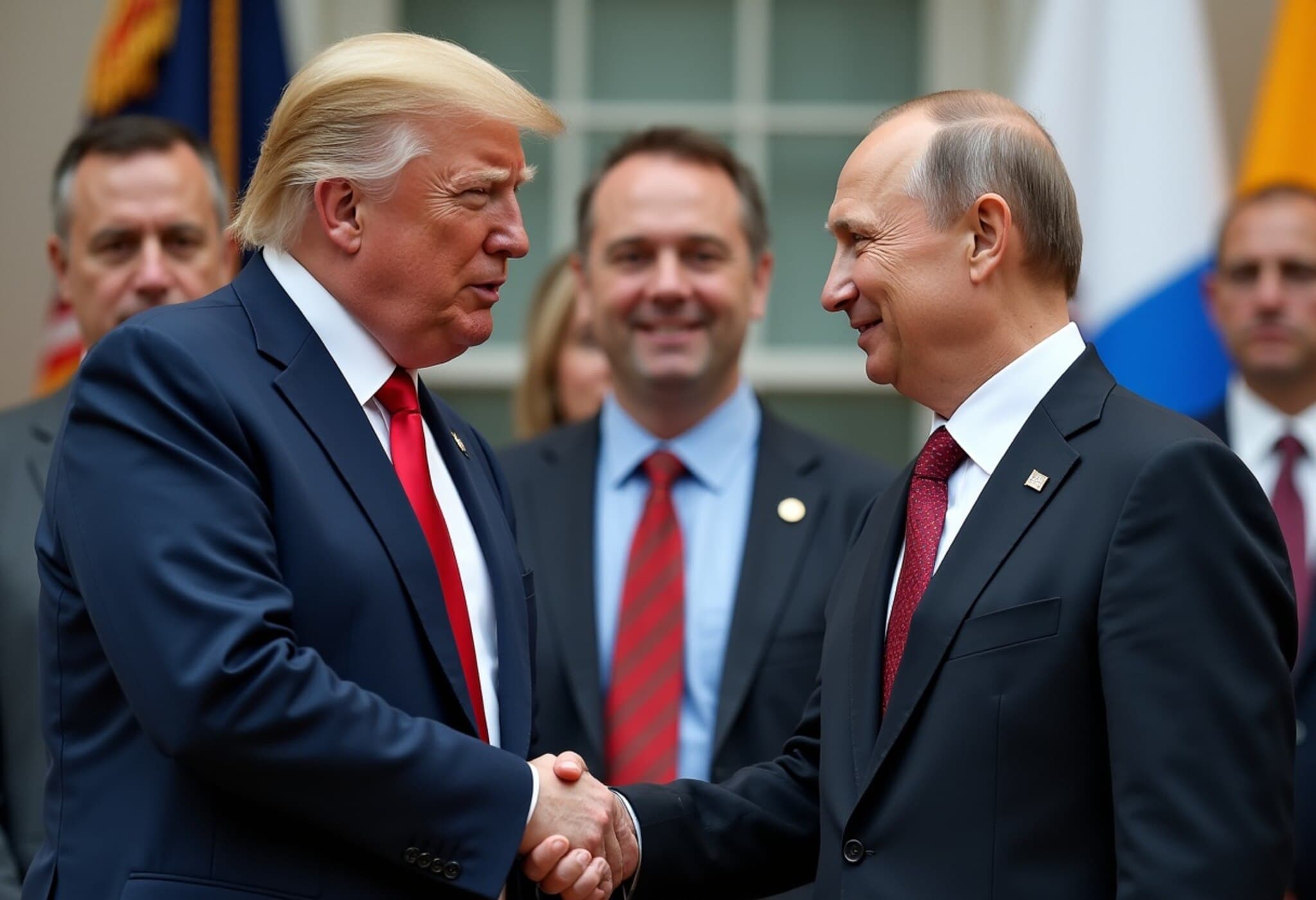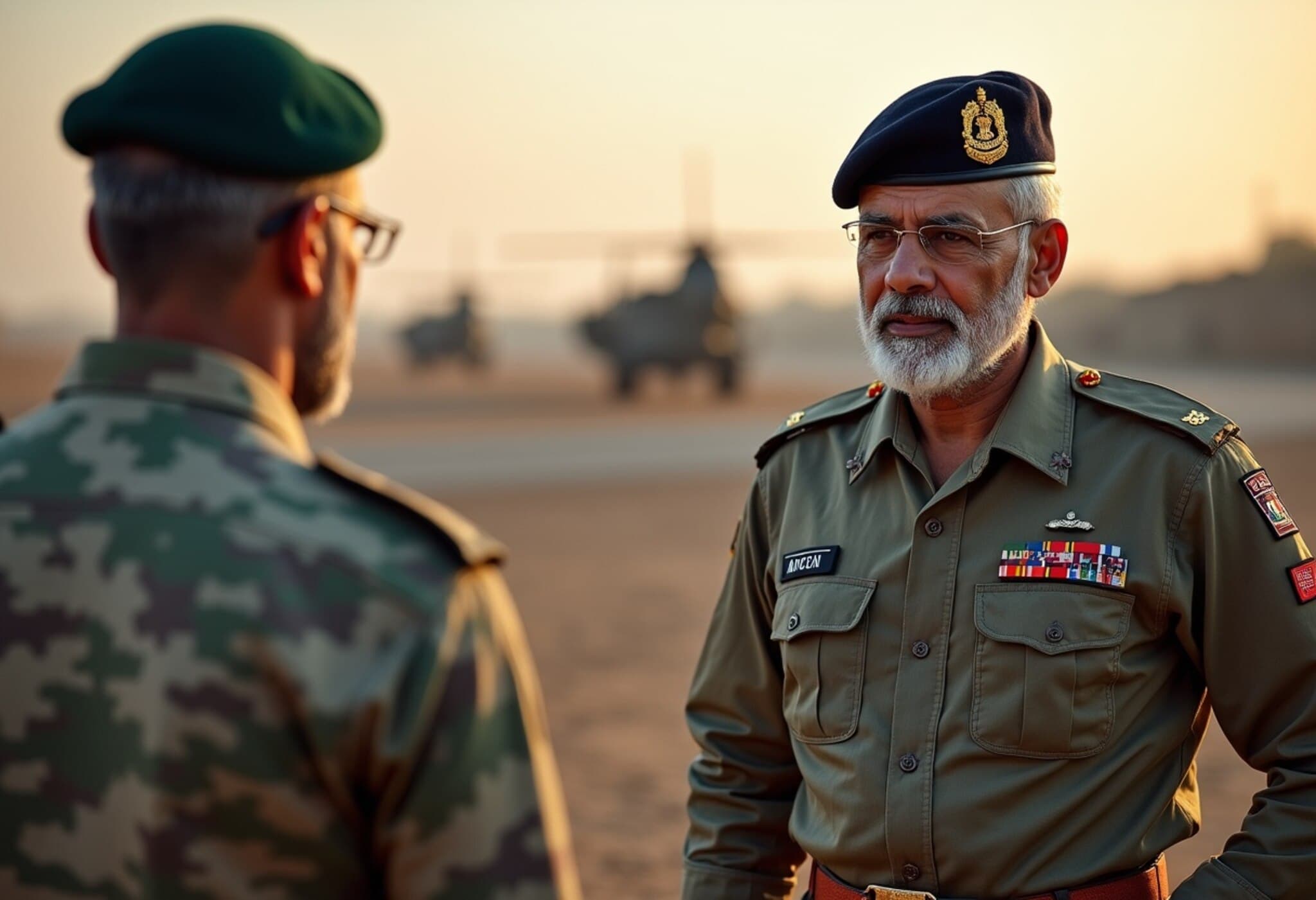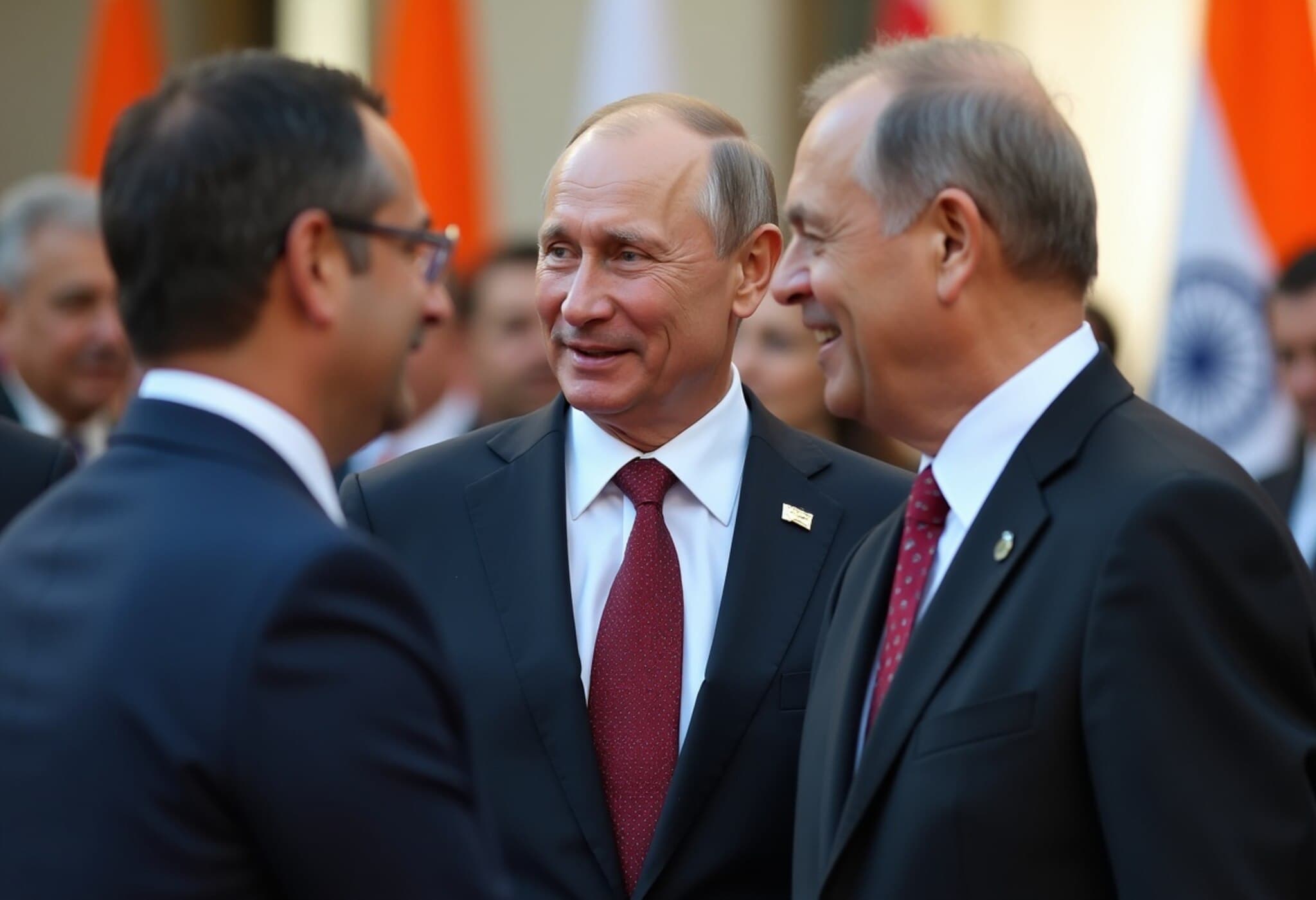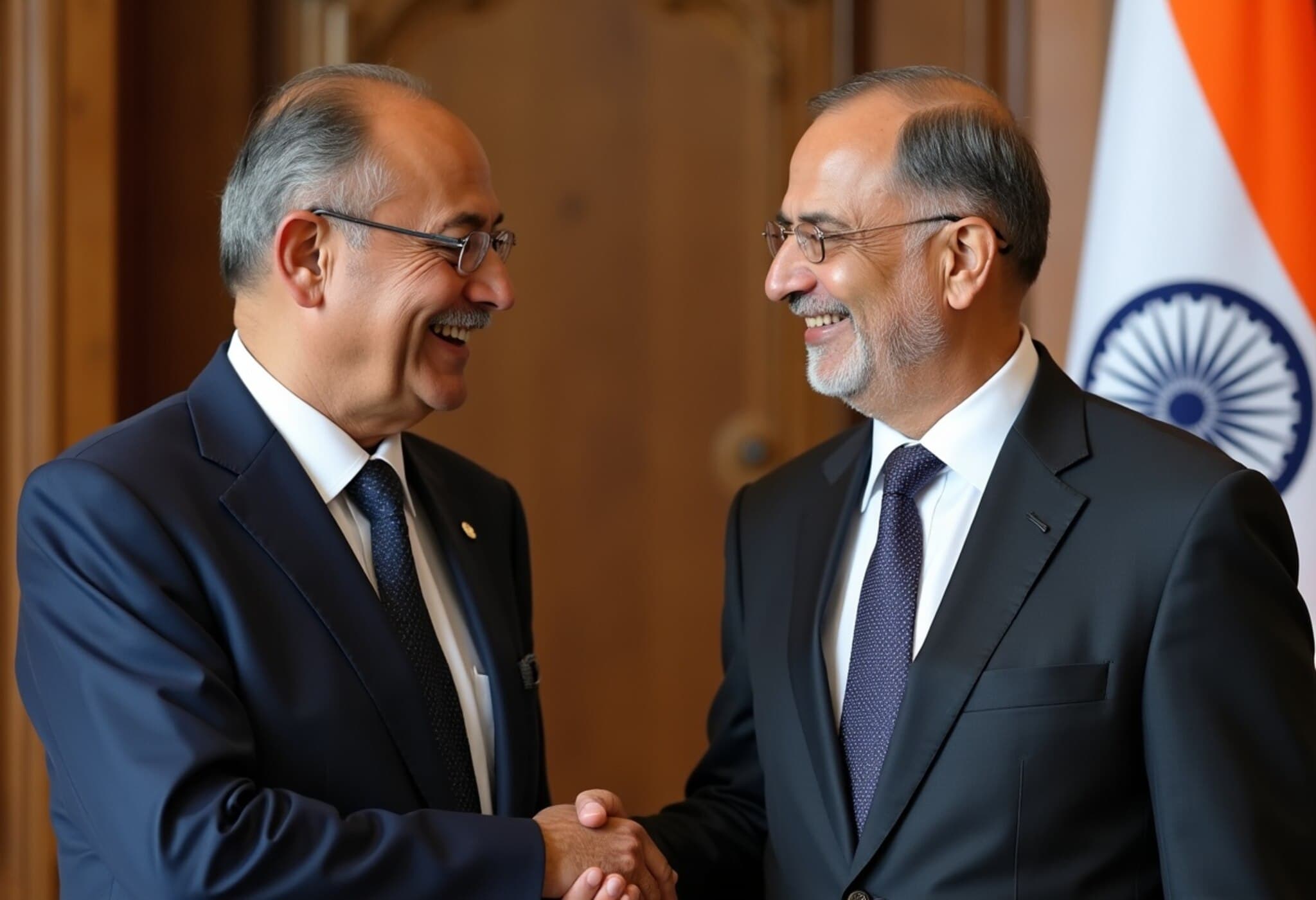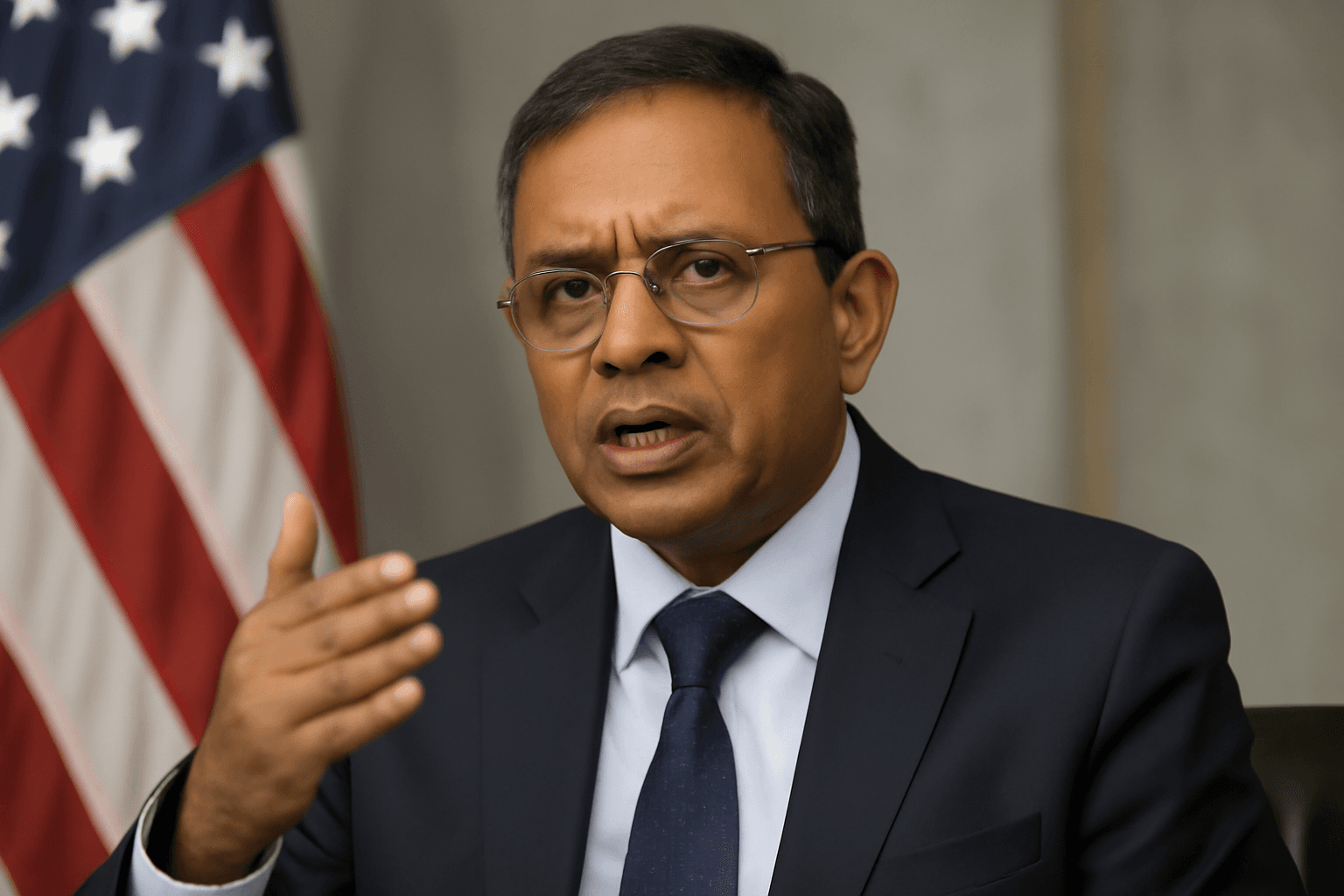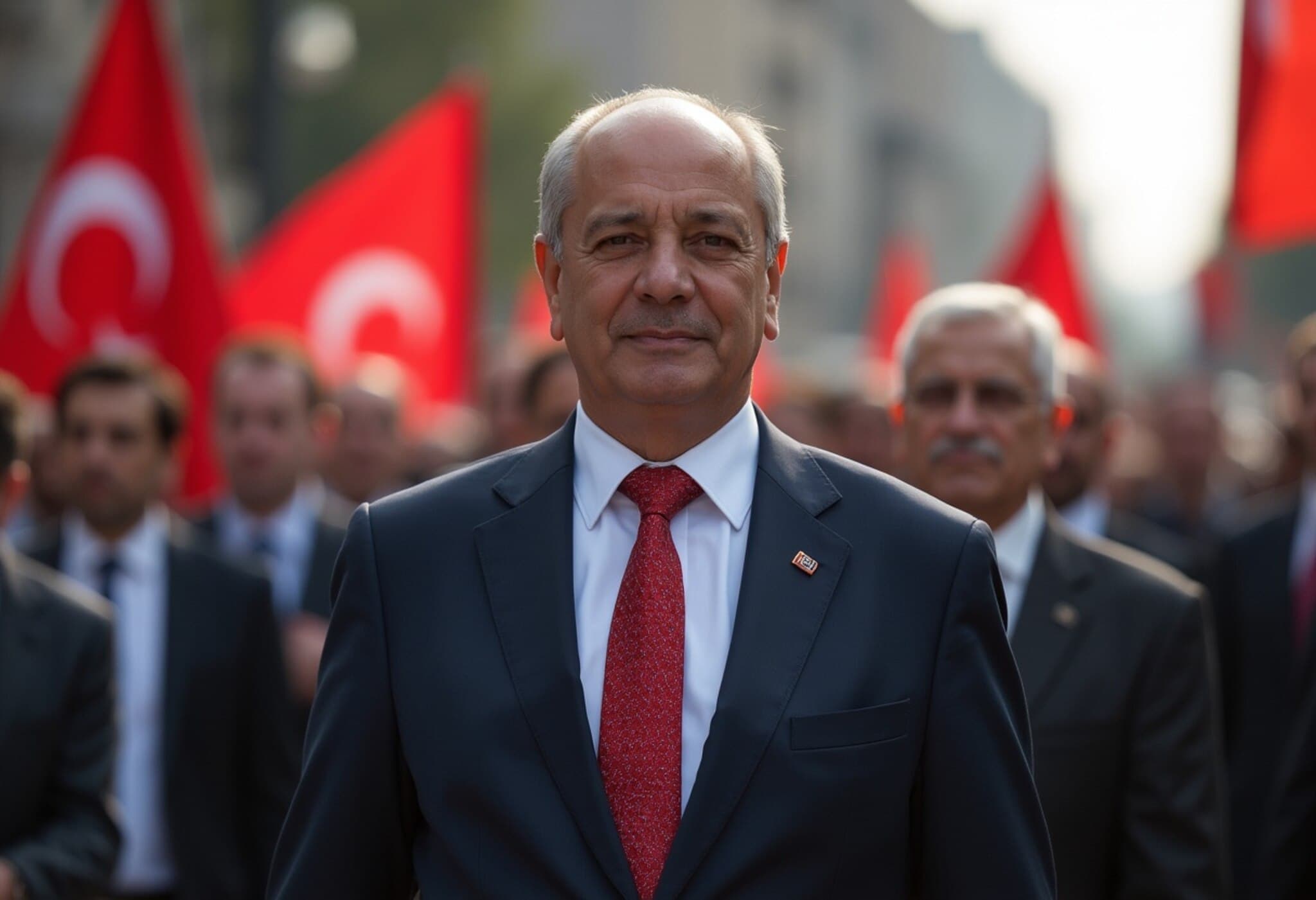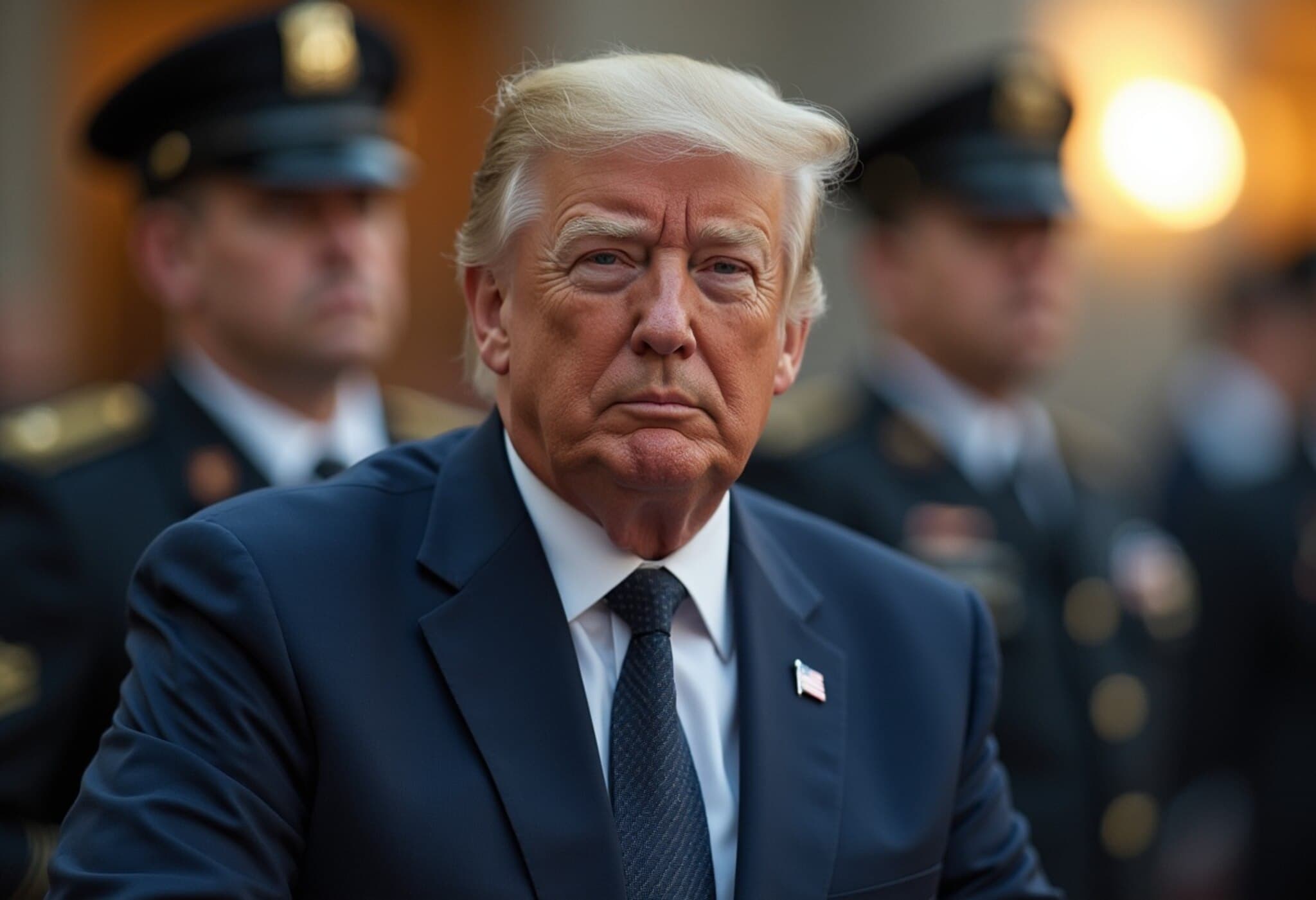India’s NSA Ajit Doval Engages Russia’s First Deputy PM on Strategic Cooperation
In a significant diplomatic move underscoring the enduring India-Russia partnership, National Security Advisor (NSA) Ajit Kumar Doval met with Russia’s First Deputy Prime Minister and Defence Industry Minister, Denis Manturov, on August 9, 2025. The discussions centered on deepening military-technical collaboration and advancing joint projects in key strategic sectors.
Strengthening Collaboration in Defence and Beyond
During the talks held in Moscow, Doval and Manturov examined critical pathways to enhance bilateral defense industry cooperation. With Manturov co-chairing the India-Russia Joint Intergovernmental Commission on Trade, Economic and Cultural Cooperation alongside India’s External Affairs Minister S. Jaishankar, this meeting served to realign and accelerate cooperative efforts across multiple domains.
The agenda also highlighted joint initiatives in civil aircraft manufacturing, metallurgy, and the chemical industry—areas where collaborative ventures are expected to bolster technological capabilities and economic growth for both nations.
Contextual Backdrop: Navigating Geopolitical Pressures
NSA Doval’s visit to Russia arrives amidst mounting geopolitical tensions, including the recent decision by then-US President Donald Trump to impose an additional 25% tariff on Indian goods, escalating to 50%, citing India’s purchase of Russian oil. Against this pressure, the India-Russia negotiations signify a firm resolve to sustain and deepen their longtime strategic partnership.
Before meeting Manturov, Doval held substantive talks with Russian President Vladimir Putin at the Kremlin, reaffirming New Delhi’s commitment to comprehensive cooperation with Moscow. The NSA also engaged Sergey Shoigu, Secretary of the Russian Security Council, focusing on bilateral and global security developments.
Preparations for Putin’s Upcoming Visit to India
One of the key outcomes of Doval’s mission was extending a formal invitation to President Putin to visit India later this year—a proposal which Putin accepted, paving the way for enhanced diplomatic and strategic engagement.
Prime Minister Narendra Modi and President Putin further cemented their partnership with a recent phone call, reiterating their dedication to advancing the ‘Special and Privileged Strategic Partnership’ between their nations.
Expert Insight: What This Means for India’s Strategic Landscape
From an expert lens, these developments signal India’s steadfast intent to diversify and strengthen its strategic and defense partnerships amidst a shifting global order. Maintaining close ties with Russia, particularly in military-technical collaboration, provides India with critical leverage and technological access—elements that are crucial as India modernizes its defense forces.
Moreover, expanding cooperation in civil aviation and heavy industries aligns with India’s broader ‘Make in India’ vision, potentially translating to indigenous production capabilities, job creation, and economic resilience.
However, these engagements also raise vital questions about balancing relationships with Western powers and managing the geopolitical consequences of deepening ties with Russia in a complex international environment.
Looking Ahead: Strategic Partnership in a Complex World
The India-Russia relationship, rooted in decades of cooperation, continues to adapt dynamically in response to global political and economic pressures. NSA Doval’s recent engagements exemplify how both countries aim to protect and grow their mutual interests in defense, trade, and technology.
As President Putin’s visit approaches, observers will watch closely how this partnership shapes regional security frameworks, energy diplomacy, and international alignments, especially with evolving US-India relations.
Key Takeaways:
- Military-technical cooperation remains a cornerstone of India-Russia ties.
- Joint projects in civil aerospace, metallurgy, and chemical sectors are poised to expand.
- Geopolitical challenges, including US tariffs, highlight the complexity of international partnerships.
- Putin’s impending visit signals continued high-level commitment to bilateral relations.
- India’s strategic balancing act between global powers is increasingly nuanced.

